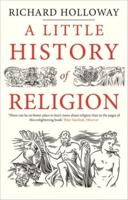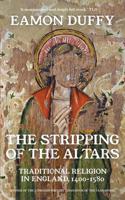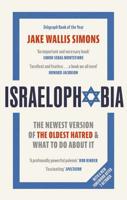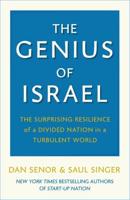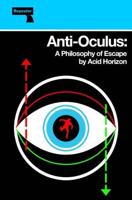Publisher's Synopsis
Robert Levy views Bhaktapur as a structured "mesocosm," mediating between the microcosm of individual self-conception and the macrocosm of the culturally conceived larger universe. The city is a bounded entity, grounded on a minutely divided and interrelated sacrilized space. It uses that space, roles assigned by an elaborate caste system, a semantically differentiated pantheon, and the tempos and forms of the festival year and rites of passage to construct a "civic dance," a web of communication and instruction which deeply affects the experience of Bhaktapur's citizens. Levy investigates the meaning of the community to the people who live there and suggests how the religious forms that have challenged Hinduism in South Asia—Christianity and, above all, Islam—are profoundly antithetical to Hinduism as the organizing principle for cities such as Bhaktapur. Mesocosm is a groundbreaking contribution to anthropology, social and religious history, and Indian and Nepalese studies.



